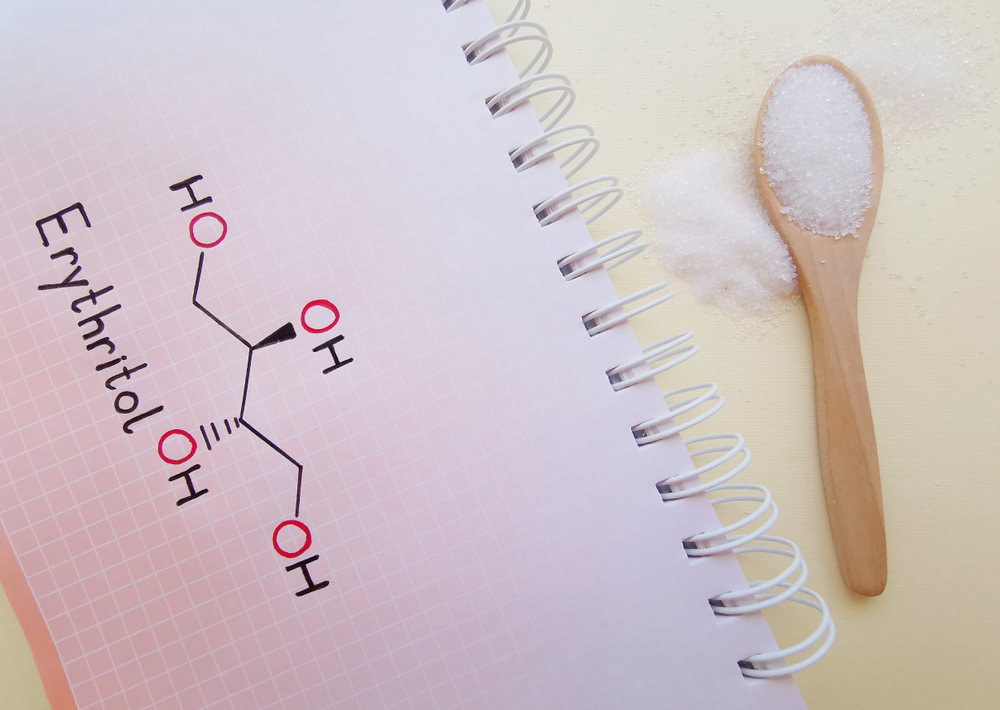At one point in our lives we have all tried looking at the “ingredients” label on the back of any food product. We might have been just starting out on a diet and trying to figure out the optimal calories for the day, or we might have been checking the carb count for our workout.
Regardless, we stumble upon something called net carbs, and total carbs. What’s the difference? And is it really such a huge trap that people fall into?
Do they even matter if you’re a bodybuilder?
Getting the Facts Straight About Net Carbs
For bodybuilders, carbohydrates are their energy fuel, and it’s also what raises their glucose and stimulates an increase in insulin.
Now your goal might not to be to get as massive as possible, but it’s the honest truth that you need to support your exercises with carbs, unless you’re trying to break down your fat stores. In that case, you’d go towards a cutting lifestyle; lowering your carbs, and, as a result, your blood glucose, guiding your body to burning its fat.
However, understanding this is the key to knowing the importance of net carbs. Raising your blood glucose will also raise your insulin, and insulin can be inhibitory to fat loss. Net carbs are the actual carbohydrates that will raise your blood glucose and insulin, not the total carbs!
However, that’s not always the case…
Net Carbs Vs. Total Carbs

Food companies typically subtract two different ingredients from their total carbohydrate count.
You’ve probably guessed one of them already. The first is fiber, and the second is sugar alcohols. They believe sugar alcohols don’t impact your blood glucose, nor your insulin levels.
So say you have two products, both have 20g of total carbs, yet one of them has 10g of fibers, and the other has 2g of fibers. Subtracting the fiber count would leave the latter with 18g of net carbs, and the former with a measly 10g of net carbs.
It’s safe to assume that your glucose response would be lower with the 10g of net carbs, while the 18g net carbs product would have a fast high glycemic response.
Don’t Fall Into This Trap

You might’ve gotten interested in things like protein bars or sugar-free candy at one point and you read through the back, only to find out that the product has around 20g of sugar.
No, they’re not lying to you–to a point. You see, sugar alcohols typically don’t affect your blood glucose levels, therefore they’re harmless!
That is, except for xylitol, maltitol, and sorbitol.
Sadly, there are a lot of products advertising themselves as “sugar free” yet they upset your stomach and raise your glucose levels simply because they contain one of these three sugar alcohols!
So always keep this in mind when shopping for sugar-free products: these sugar alcohols are known to have a blood glucose and insulin response in the body. Think about it if you’re on a low-carb cycle or if you’re on a ketogenic diet and you think you’re safe consuming one of these sugar-free candies to enjoy a little bit of a break.
You’ll probably be unintentionally sabotaging your body, not only will you probably find yourself spending more time on the toilet than in the weight room. Are there sugar alcohols that are safe to consume though? Certainly! Erythritol and allulose do not have a blood glucose or insulin response with your body.
Get Creative with Your Carb Macros
Once you’ve written down your notes, you’ll be able to take a look at the back of every food product, and determine what you really want in your diet and what would sabotage it.
And it also leaves you with more room to experiment and enjoy food that you’ve been missing! Do you love making pizza but are on a keto or low-carb diet? Try almond or coconut flour! Typically coconut flour has around 8g of carbs, yet 6 are fiber!
You do the math on the net carbs you’ll be allowing into your body. We hope you’re now able to accurately differentiate between food products through their net carbs.









